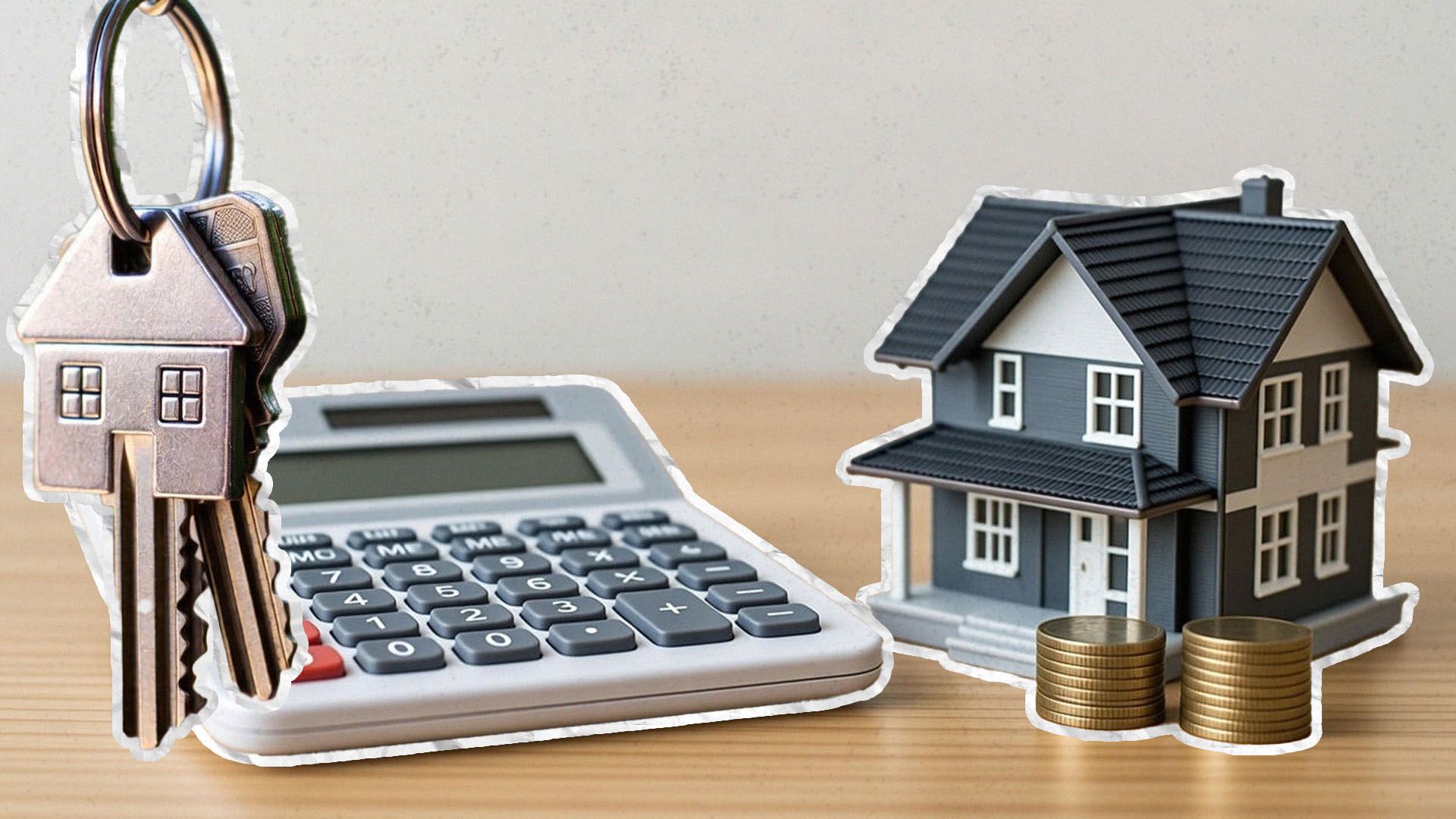Voting Impact: How Presidential Elections Shape Real Estate Markets
Nov 05, 2024
Photo by Sora Shimazaki
Written by David Dodge
As we gear up for the presidential election on November 5, 2024, the spotlight is back on the housing market, including cities like Saint Louis, Missouri. If history teaches us anything, it’s that elections can have a big impact on real estate—shaping policies, swaying interest rates, and affecting how confident consumers feel about buying homes. For homebuyers, investors, and real estate pros in Saint Louis and beyond, understanding these dynamics is essential.
1. Policy Changes
Elected officials hold the power to introduce policies that can either help or hurt the housing market. When a new administration comes in, the changes they implement can alter everything from affordability to accessibility.
-
Affordable Housing Initiatives: Candidates who make affordable housing a priority can change the game. Increasing funding for low-income housing can lead to more affordable homes being built. However, this can sometimes backfire, causing gentrification as new developments raise property values, potentially displacing long-time residents and changing neighborhood dynamics.
-
Tax Policies: Tax reform is another major player in the housing market. Changes to things like the mortgage interest deduction can shift the buying power for many potential homeowners. For example, if there are proposals to cut or eliminate this deduction, it might discourage buyers in expensive areas, leading to decreased demand and sparking debates about housing accessibility and the role of government in supporting homeownership.

Note: Average home price change data is sourced from the National Association of Realtors and reflects changes in median home prices over the year following the election.
2. Interest Rates
Interest rates are crucial and often influenced by the outcomes of elections. The Federal Reserve’s policies, shaped by the sitting president, can directly impact mortgage rates, which can affect markets in Saint Louis, Missouri, and beyond.
- Election Impact on Rates: During election years, uncertainty can lead to interest rate fluctuations. If candidates propose economic policies that involve increased government spending or changes in regulations, it can stir speculation. For instance, if a candidate signals tighter monetary policy, potential buyers might face higher borrowing costs, squeezing their purchasing power and cooling housing demand. On the flip side, if rates are expected to stay low due to favorable policies, it could boost home buying and real estate investments.
3. Consumer Confidence
Consumer sentiment is a major driver in the housing market. Elections can create uncertainty, which influences how comfortable people feel making big financial commitments.
- Market Reactions: If a candidate seen as pro-business wins, consumer confidence may rise, encouraging homebuyers to make purchases. For example, after Donald Trump’s election in 2016, we saw a boost in consumer confidence that helped fuel a robust housing market. Conversely, if a candidate known for regulatory scrutiny comes into power, it might cause buyers to hesitate, slowing market activity. This connection between consumer confidence and the housing market highlights the importance of political stability during election years.
4. Regional Variations
The effects of presidential elections on housing aren’t the same everywhere. Different regions, including Saint Louis, Missouri, respond uniquely based on the policies and priorities of the new administration.
- Urban vs. Rural: Urban areas often feel the impact of policies aimed at revitalization and affordable housing more immediately. Cities may see investments in public transportation and infrastructure, which can increase property values and desirability. In contrast, rural areas might benefit from strategies like increased funding for agricultural development or rural infrastructure projects. This divergence complicates the election narrative, as urban and rural populations have different needs and priorities.
5. Historical Trends
Historically, the housing market has shown a strong response to political changes. Recognizing these trends can provide valuable insights into what we might expect moving forward.
- Case Studies: Following the elections of 2012 and 2016, the housing market experienced significant growth, with average home prices seeing considerable increases. This growth is often linked to the stability and confidence fostered by favorable economic policies and strong leadership. However, the current political landscape, marked by polarization and uncertainty, makes it harder to predict how the 2024 election will impact housing.
Resources for Further Reading
For those interested in diving deeper into the subject, consider the following resources:
- National Association of Realtors: Historical Home Prices
- Federal Reserve Economic Data (FRED): Interest Rates and Housing Market
- The Urban Institute: Affordable Housing Policies
- Pew Research: The Impact of Elections on Consumer Confidence
As we approach the presidential election on November 5, 2024, the potential implications for the housing market are significant. Grasping how elections can shape housing policies, interest rates, and consumer sentiment is crucial for anyone involved in real estate.
With so much at stake, it’s important to stay informed and ready for potential market shifts. Keep an eye on the election results and what follows, as these events will undoubtedly influence the housing market in the months and years ahead.
What changes do you think we’ll see in the housing market based on the election outcome? Share your thoughts—your insights could help others navigate this complex landscape!







